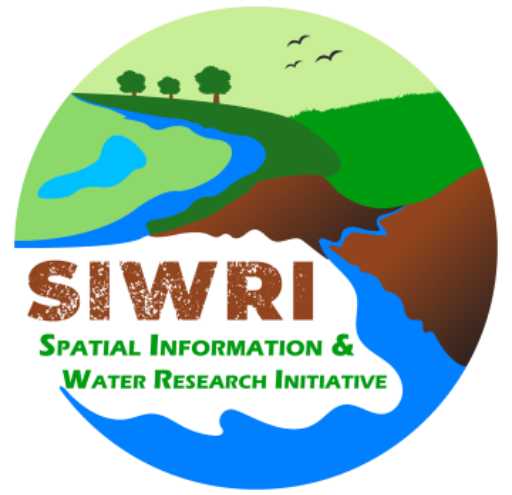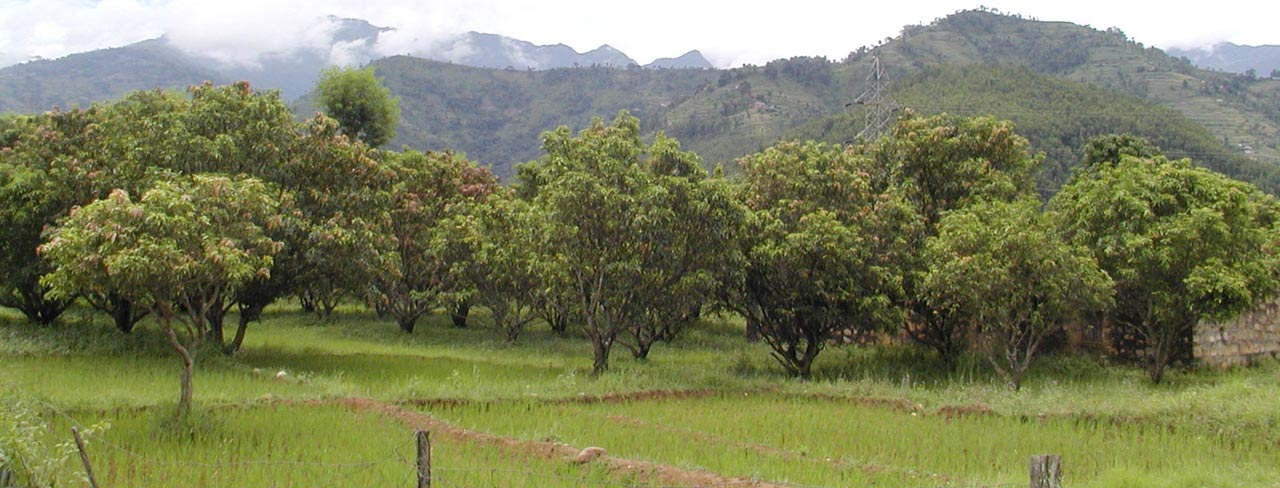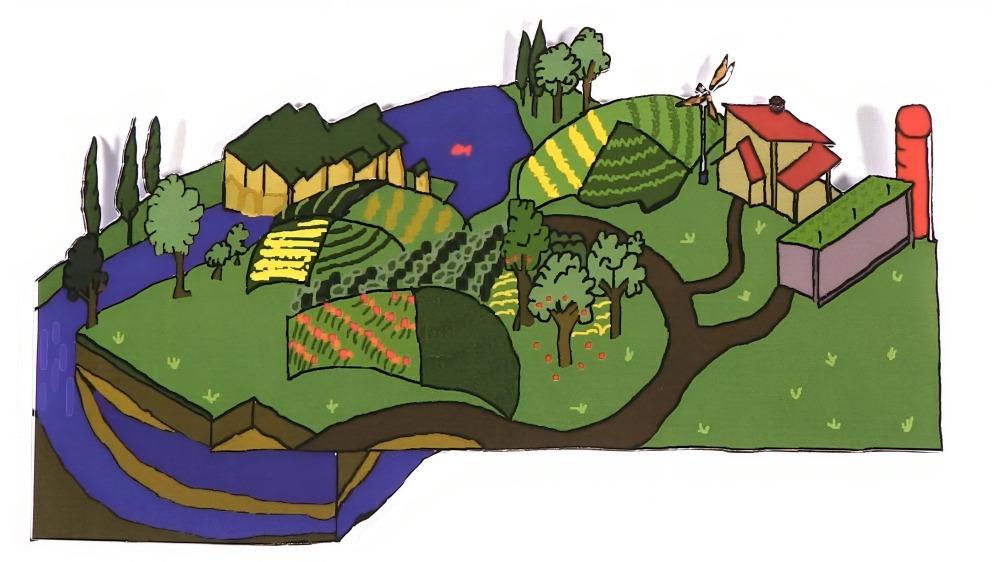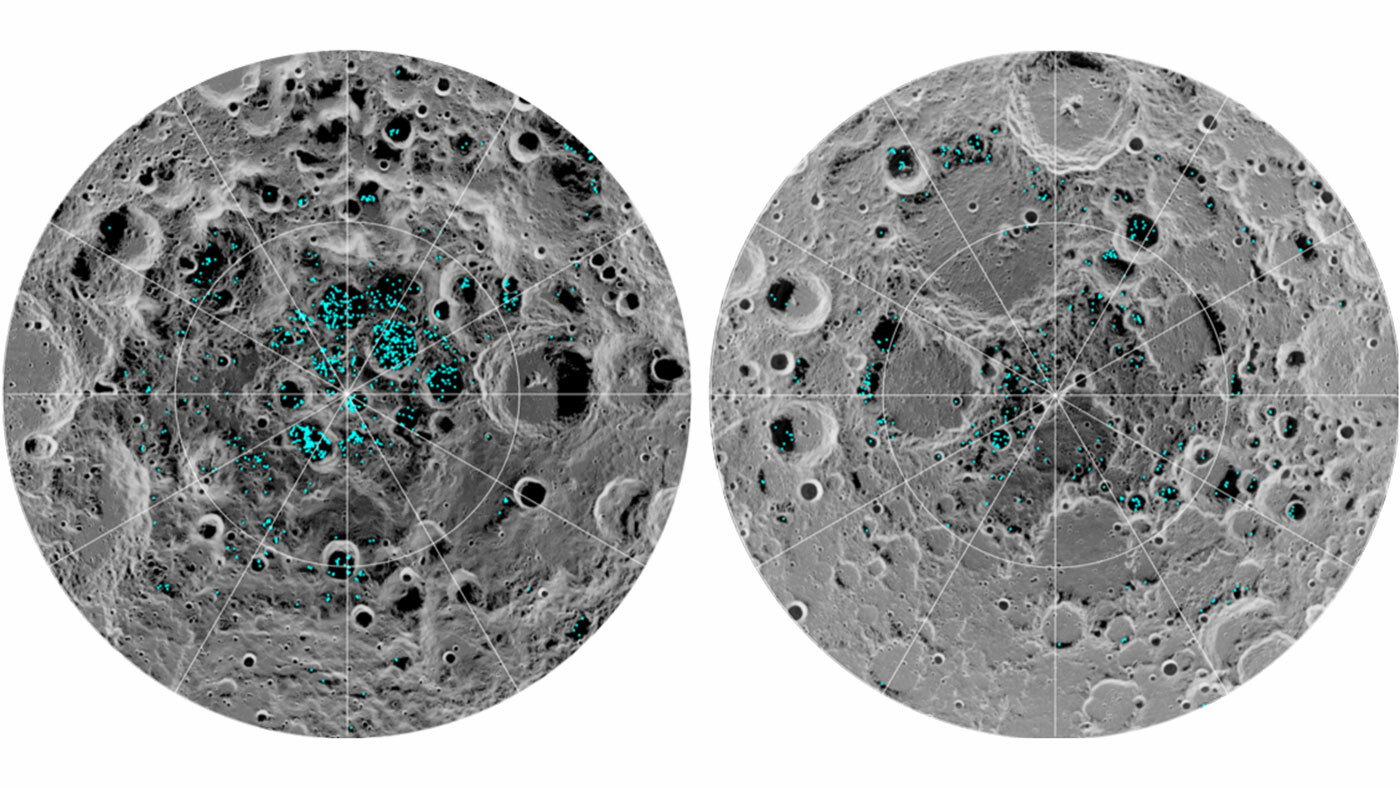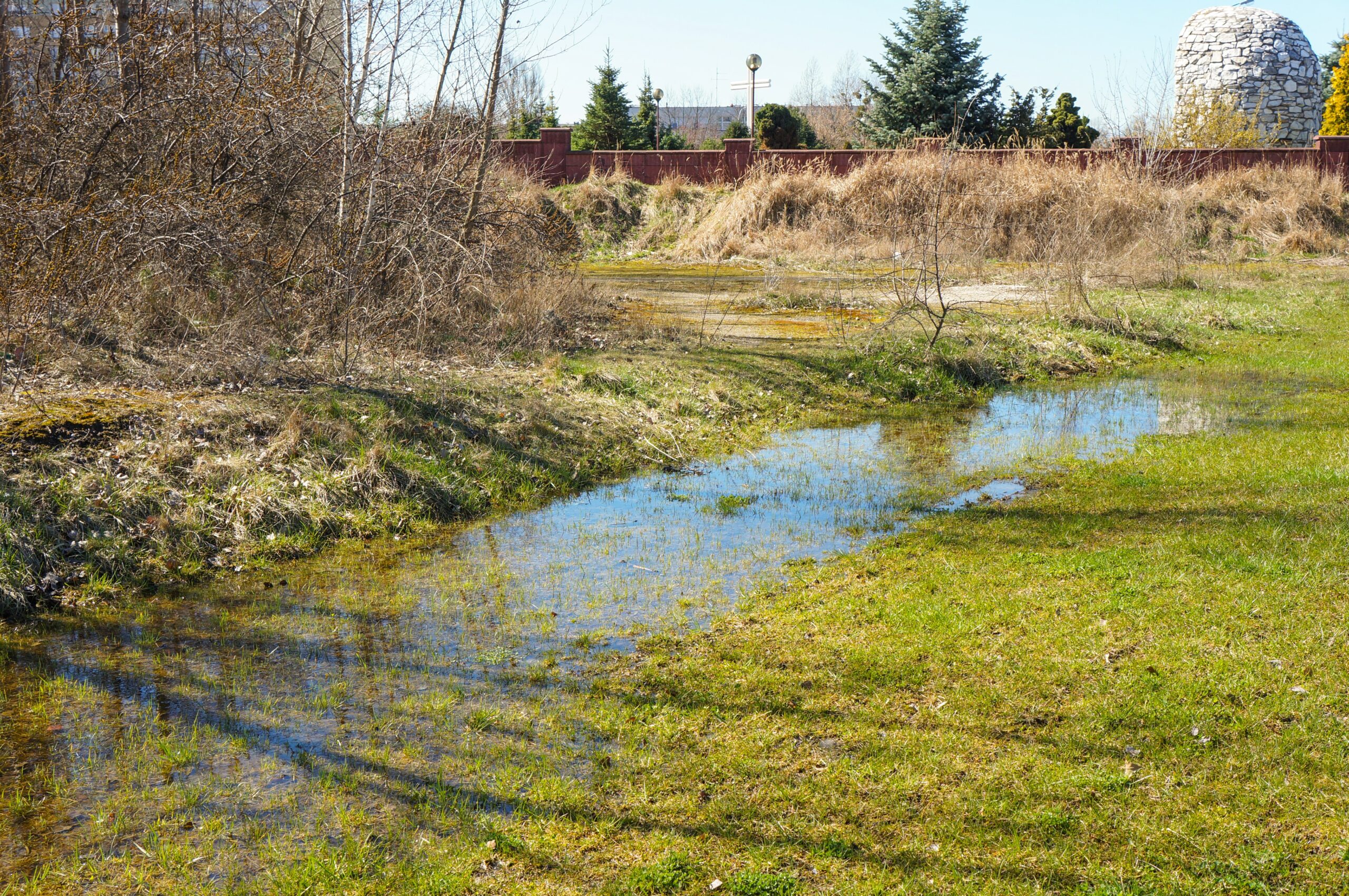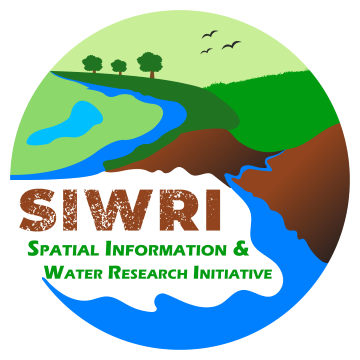SPECIFIC GRAVITY OF WATER
The specific gravity of water, which is typically denoted as 1.000, plays a crucial role in various fields and areas of science, engineering, and everyday life. Here is a list of possible fields or areas where the specific gravity of water is relevant:
Hydrology
Hydrologists study water’s distribution and movement in natural environments, essential for managing water resources, predicting floods, and ensuring a sustainable water supply.
Chemistry
Specific gravity in chemistry helps determine the concentration of solutes in solutions, facilitating precise chemical analysis, and formulation of various substances.
Brewing and Beverage Industry
Specific gravity measurements track the fermentation process in brewing, providing insights into sugar content, alcohol production, and product quality.
Oil and Gas Industry
Specific gravity is crucial for calculating the density of petroleum products, aiding in their production, transportation, and refining processes.
Metallurgy
Specific gravity assists in identifying minerals and ores by their density, playing a vital role in mineral exploration and extraction.
Construction and Civil Engineering
Specific gravity is used to select materials with appropriate densities for structural design, ensuring the safety and durability of buildings and infrastructure.
Geology
Geologists employ specific gravity to classify and characterize rocks and minerals, aiding in geological research and resource assessment.
Agriculture
Specific gravity measurements assess soil properties, including compaction and porosity, helping optimize conditions for crop growth and irrigation.
Pharmaceuticals
In pharmaceuticals, specific gravity ensures the proper density of ingredients and formulations, critical for drug efficacy and consistency.
Food Industry
Specific gravity is used to maintain consistent product density and quality in food processing, ensuring uniform taste and texture.
Environmental Science
Scientists use specific gravity to gauge water quality, salinity, and pollutant distribution in ecosystems, guiding conservation efforts.
Medical Testing
Specific gravity of urine provides insights into kidney function and hydration levels, aiding in medical diagnosis and monitoring of patients.
Materials Science
Researchers rely on specific gravity to characterize materials, helping develop advanced materials with tailored properties for various applications.
Aviation and Aerospace
Specific gravity considerations are essential in designing aircraft and spacecraft for optimal fuel storage, weight distribution, and flight performance.
Wastewater Treatment
Specific gravity measurements play a role in assessing the density of effluents, aiding in the effectiveness of wastewater treatment processes.
Boating and Navigation
Boaters use specific gravity to determine vessel buoyancy, weight limits, and stability, ensuring safe and efficient navigation.
Quality Control and Testing
Specific gravity tests are a standard part of quality control processes in industries to ensure products meet specified standards and requirements.
Research and Development
Scientists and engineers use specific gravity in various research projects to investigate and innovate in diverse fields, from materials to fluid dynamics.
Civil Engineering
Specific gravity informs the design and analysis of water infrastructure projects, ensuring their stability and functionality.
Marine Biology
Marine biologists employ specific gravity to study the buoyancy of marine organisms, helping understand their adaptations to varying water depths.
Aquaculture
Specific gravity measurements monitor salinity levels critical for fish and shellfish farming, ensuring optimal conditions for aquatic life.
Water Treatment
Specific gravity considerations guide the design of water treatment processes, ensuring the production of safe and clean drinking water.
Mining and Mineral Processing
Specific gravity is vital for separating valuable minerals from waste materials based on their density differences, a key step in mineral processing.
Environmental Engineering
Environmental engineers use specific gravity to assess soil and water properties, aiding in remediation efforts and environmental impact assessments.
Horticulture
In hydroponics and soilless gardening, specific gravity is important for monitoring nutrient solutions, fostering healthy plant growth.
Petrochemical Industry
Specific gravity plays a significant role in characterizing petrochemical products, including fuels, lubricants, and solvents.
Astronomy
Specific gravity measurements contribute to our understanding of celestial bodies, helping determine their potential habitability and atmospheric conditions.
Meteorology
Meteorologists consider specific gravity when studying atmospheric water vapor and cloud formation, influencing weather predictions and climate studies.
Forestry
Foresters use specific gravity to assess wood density and moisture content, impacting timber harvesting and wood product quality.
Dental Science
Specific gravity is relevant in dental material properties, ensuring the durability and safety of dental products and procedures.
Oceanography
Specific gravity measurements are used to study ocean salinity and density profiles, providing insights into ocean circulation and climate patterns.
Medical Equipment
Specific gravity measurements are critical for calibrating and operating medical devices, ensuring accurate diagnostics and treatments.
Archaeology
Archaeologists use specific gravity to analyze the composition of artifacts and pottery, aiding in dating and cultural insights.
Textile Industry
In the textile industry, specific gravity is relevant for dyeing and finishing processes, ensuring product consistency and quality.
Biotechnology
Researchers use specific gravity to monitor cell culture and fermentation processes in biotechnology, contributing to the production of bio-based products.
Food Packaging
Specific gravity considerations are important in food packaging design, ensuring products remain fresh and safe during storage and transport.
Chemical Engineering
Specific gravity is used in chemical processing and product design, influencing the production of chemicals and materials.
Geotechnical Engineering
Geotechnical engineers use specific gravity to classify soils, aiding in foundation design and construction.
Wine and Viticulture
Winemakers monitor specific gravity to track fermentation and sugar content, influencing the quality and taste of wines.
Materials Testing
Specific gravity measurements help determine material densities, aiding in quality control and compliance with industry standards.
Petrochemical Industry
In the petrochemical industry, specific gravity is crucial for characterizing various petrochemical products, including fuels, lubricants, and solvents.
Educational Demonstrations
Specific gravity experiments are used in science education to illustrate concepts of density, buoyancy, and Archimedes’ principle.
Paint and Coatings Industry
Specific gravity plays a role in the formulation and quality control of paints, coatings, and varnishes, ensuring durability and performance.
Forensic Science
Forensic experts may use specific gravity measurements to analyze substances and materials relevant to criminal investigations, aiding in evidence analysis.
Cosmetics and Personal Care Products
Specific gravity considerations ensure product stability and consistency in the formulation of cosmetics and personal care items.
Chemical Safety
Specific gravity provides crucial density information for hazardous chemicals, supporting safe handling, storage, and transportation.
Pharmacology Research
Researchers in pharmacology use specific gravity to understand the physical properties of drugs and drug formulations, aiding in drug development.
Municipal Water Supply
Specific gravity is relevant in the treatment and distribution of municipal drinking water, ensuring water quality and safety.
Fluid Mechanics
Engineers and scientists use specific gravity to analyze fluid behavior in pipelines, pumps, and other fluid systems, impacting fluid dynamics research.
Welding and Metalworking
Specific gravity helps determine the density of metal alloys and filler materials, crucial for welding and metal casting processes.
Agricultural Irrigation
Farmers and agricultural engineers use specific gravity measurements to optimize irrigation systems and water management practices, conserving
water resources.
Renewable Energy
In renewable energy, specific gravity may be considered when designing systems involving water-based energy sources, such as hydropower.
Automotive Industry
Specific gravity considerations are important for material selection in the automotive industry, influencing the design and performance of automotive components.
Environmental Remediation
Specific gravity measurements can be used to assess the effectiveness of remediation techniques for contaminated soil and groundwater, aiding in environmental cleanup efforts.
Chemical Spill Response
In the event of chemical spills or hazardous material incidents, specific gravity can aid in containment and cleanup efforts, mitigating environmental damage.
Art Conservation
Conservators use specific gravity measurements to assess and restore artworks and artifacts made from various materials, preserving cultural heritage.
Sports Equipment Design
Specific gravity is considered in the design of sporting equipment, such as golf clubs and tennis rackets, impacting performance and safety.
Agricultural Chemistry
Researchers in agricultural chemistry use specific gravity to study soil properties and nutrient availability for crops, optimizing agricultural practices.
This detailed information provides a comprehensive understanding of the significance of specific gravity in various fields and applications.
